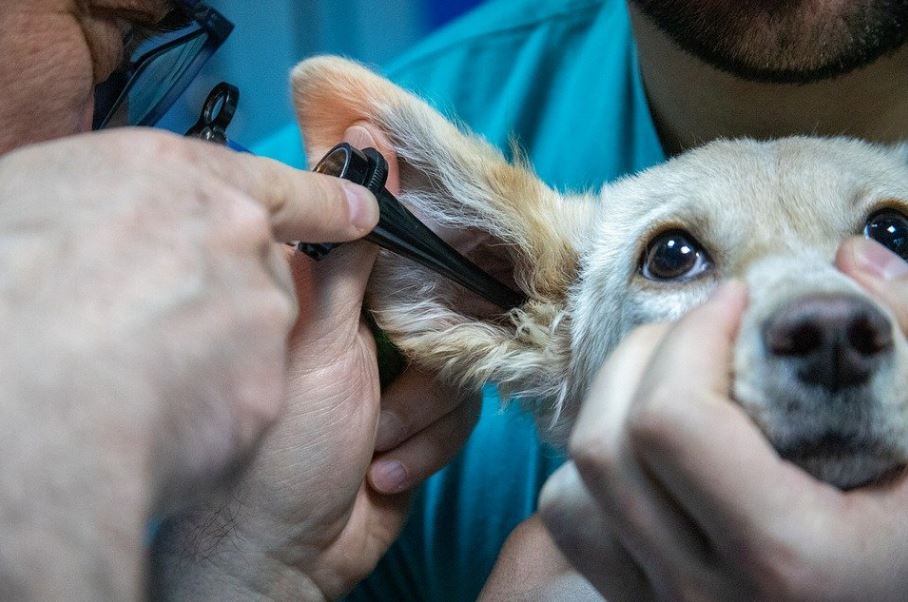Each school has its own specific requirements for applicants but you can expect some requirements that are consistent, regardless of where you are applying. If you are passionate about becoming a vet, read this article to know more on vet school requirements.
1. Education
Instead of asking for an official degree requirement, most vet colleges require prerequisite courseworks related to science, general medicine, healthcare etc.
Here are some courses you might take up before applying to vet school :
- Biology
- Biochemistry
- Organic chemistry
- Inorganic chemistry
- Physics
- Genetics
- Microbiology
- Statistics/ Math
- English
- Social Sciences
To be more specific, look up the websites of the schools you are applying to & learn about their prerequisites. It is available on a chart on the website of the Association of American veterinary medical colleges.
2. Grades
Vet school is very challenging and most good schools look for applicants who have excellent grades. The standard expectation of grades in vet school is an average of 3.5 or higher. Some vet schools do consider lower GPAs if a candidate has other impressive qualifications.
Some schools even consider GPA for science-related courses entirely separately from the overall GPA, mostly for the reason that the vet school courses are largely science-based. For example, if you have struggled with social science, you could still have a chance if you have earned high scores in your science subjects.
3. Standardized tests
Most veterinary schools require applicants to take the GRE or the Graduate Record Examination as a standardized test for proving their ability to get into graduate school. Some schools also accept MCAT (Medical College Admission Test) or VCAT (Veterinary College Admission Test). Do take out the time to research these requirements for the schools you are applying to.
4. Experience
Having some sort of experience of working with animals or in the healthcare sector is a highly vital part of your application process. Admission committees increasingly look for candidates who demonstrate a passion for working with animals. You could volunteer at shelters, shadow a doctor at an animal clinic, seek veterinary internships or join some relevant clubs. All these reflect that the candidate is initiative-driven and dedicated to a subject they like. Volunteer experience is also a direct way of learning about animal healthcare in a clinical setting.
5. Recommendations
In addition to a Statement of Purpose, resume, or other application materials, most vet schools also require relevant recommendation letters that vouch for the abilities and character of the student. In order to get the best recommendation letters, start discussion with your professors from earlier on about your goals. Recommendation can come from employers, teachers, club sponsors etc. who can vouch for your working ability as a vet student. A well-drafted genuine recommendation letter can do wonders for admission boards to consider an application seriously.
Enroll on a vet program today to start your journey in veterinary medicine.
